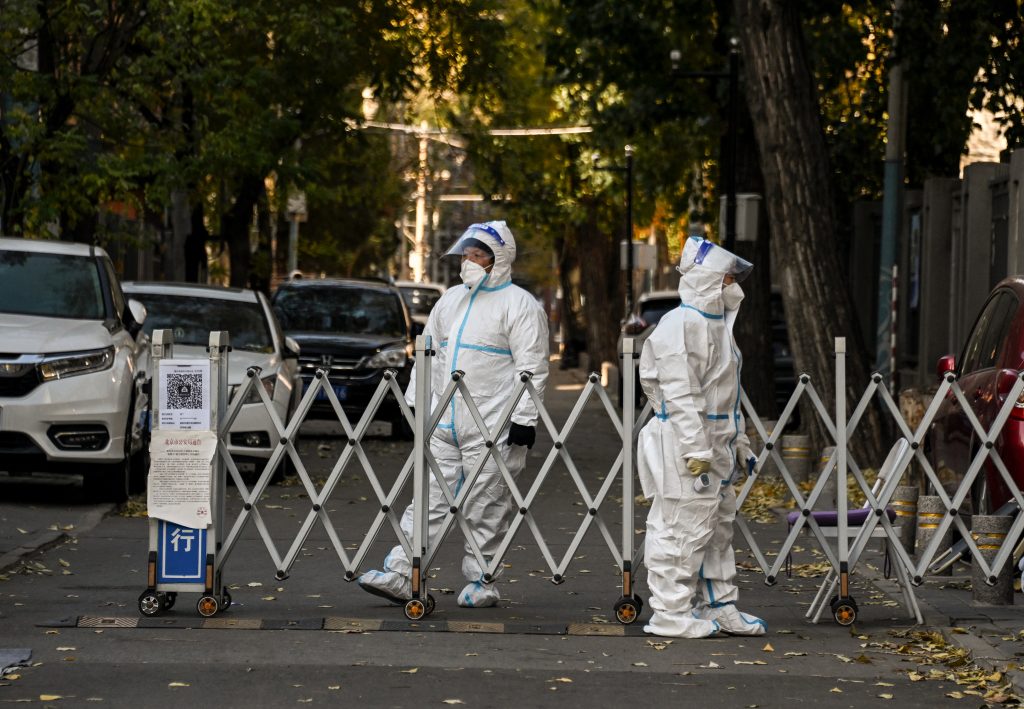
- ARAB NEWS
- 18 Aug 2025

Tokyo: Infections of highly pathogenic avian influenza are spreading at an unusual pace in Japan.
As of Saturday, 18 bird flu outbreaks had been confirmed this season at poultry farms in 12 of the country’s 47 prefectures. The number is expected to rise further in view of the global trend.
The agriculture ministry is asking farms to take thorough infection prevention measures and find and report suspicious cases quickly.
On Oct. 28, this season’s first cases were confirmed at farms in the western prefecture of Okayama and the northernmost prefecture of Hokkaido.
The cases marked the earliest outbreaks in a season in Japan.
This month, infections were reported intermittently in the western prefectures of Kagawa and Hyogo, the eastern prefecture of Ibaraki and elsewhere.
The number of chickens culled this season has totaled 2.89 million so far, already exceeding the previous season’s total of 1.89 million.
Bird flu is raging in many other parts of the world too.
This year, a record 50.54 million birds were found infected in the United States.
In Europe, infections were confirmed even in summer, when no migratory birds carrying the virus were spotted.
There are also concerns about chicken egg prices.
The largest number of bird flu outbreaks in a season in Japan is 52 confirmed in 18 prefectures for fiscal 2020.
Most of the 9.87 million culled chickens in that season were layers, accounting for some 5 pct of all such birds in the country then.
As a result, egg prices increased to the highest levels since fiscal 2017.
According to the Japan Poultry Association, the standard egg price stood at 259 yen per kilogram as of Friday, higher than the previous fiscal year’s high of 256 yen.
Soaring feed costs amid Russia’s invasion of Ukraine are also pushing up prices of eggs, which normally see little price fluctuation.
According the ministry, 2.2 million layers culled this season accounted for slightly over 1 pct of the total of such birds. Agriculture minister Tetsuro Nomura has said, “There is no major impact.”
However, a further spread of bird flu is likely to affect the supply-demand balance of eggs.
“There is no choice but to implement thorough hygiene control,” a ministry official said.
JIJI Press